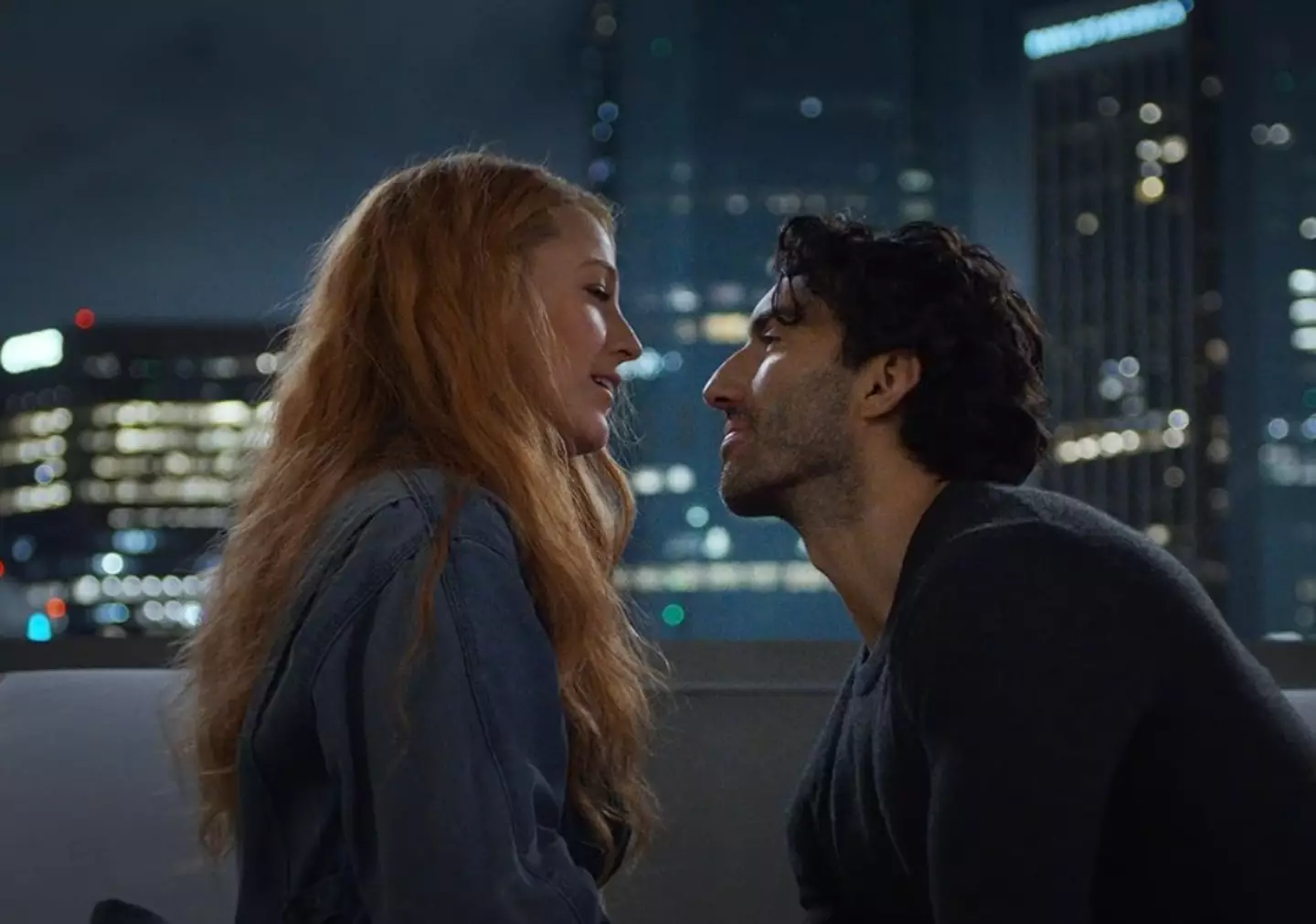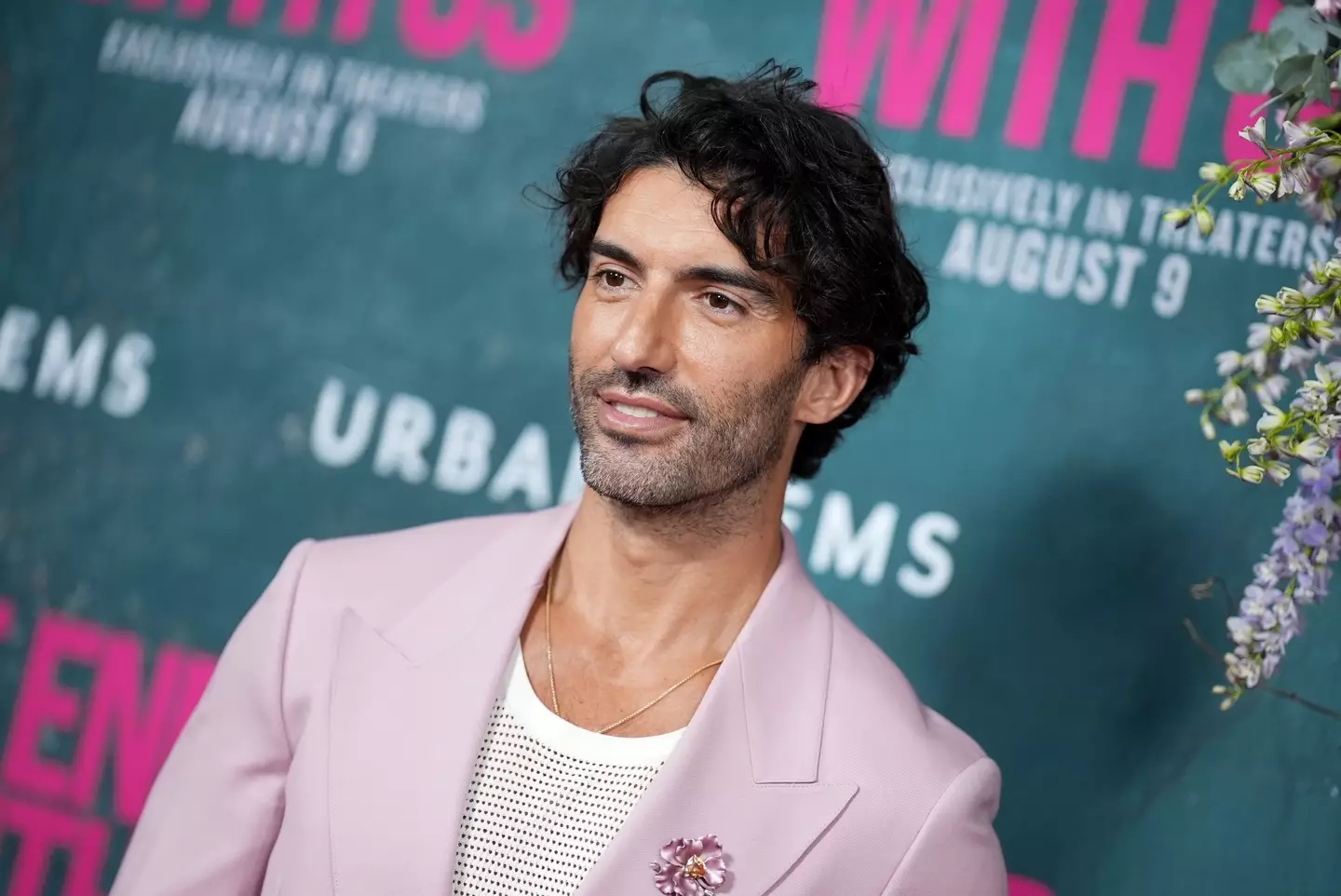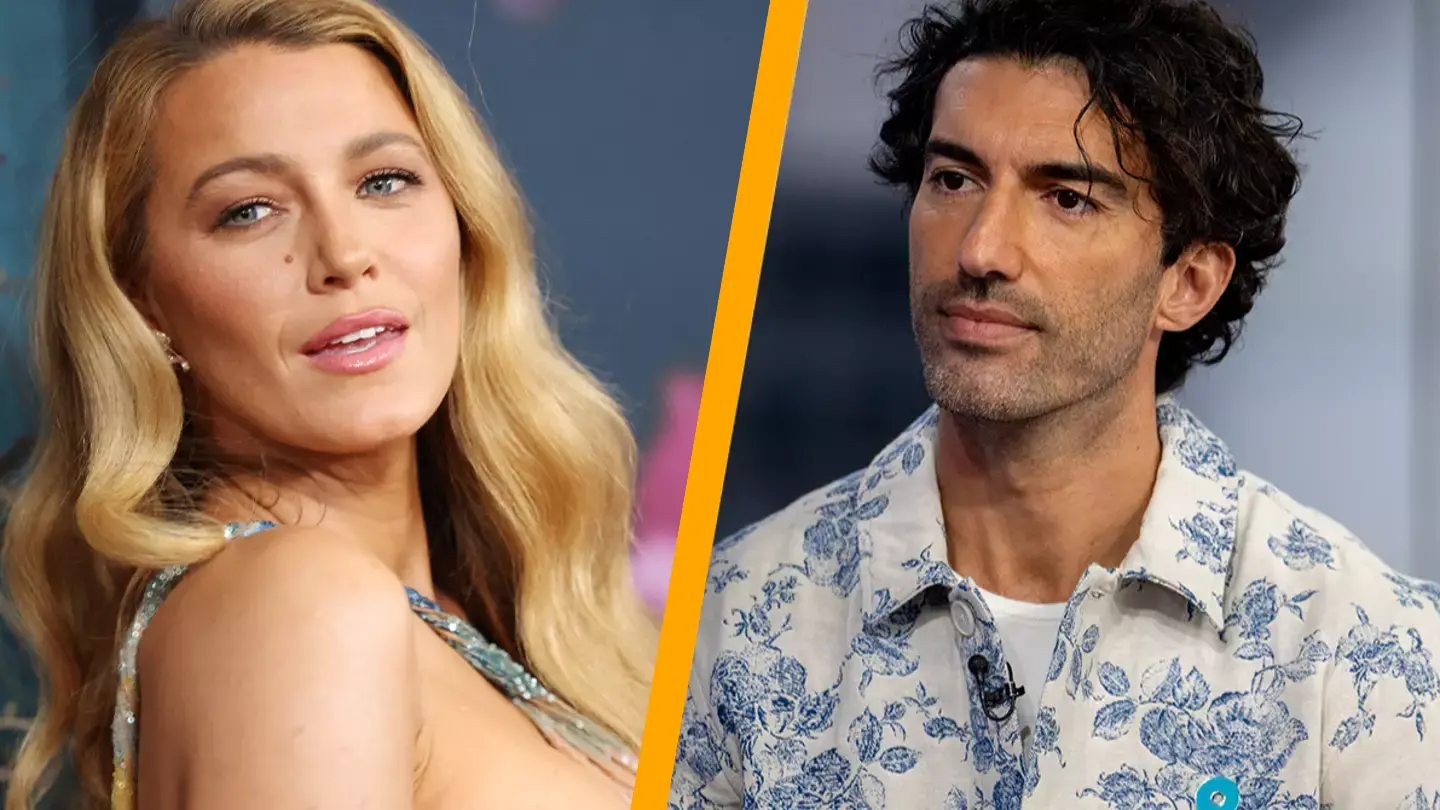The legal representative for Justin Baldoni, the director of the film adaptation “It Ends With Us,” has addressed a lawsuit filed by Blake Lively. The lawsuit accuses Baldoni of sexual harassment and attempting to harm Lively’s reputation during the film’s production.
Blake Lively initiated legal action against Baldoni, claiming that his conduct on set caused her “severe emotional distress.” The lawsuit, initially reported by TMZ and later shared by the New York Times, details allegations of sexual harassment and efforts to damage her reputation.
Within the lawsuit, it is mentioned that a meeting was necessary due to the alleged atmosphere on set. During this meeting, Lively outlined several requests related to the film, including prohibitions on adding certain scenes, and restrictions on specific discussions and behaviors in her presence.
Reportedly, these requests were agreed upon. However, the lawsuit also alleges that Baldoni and his company, Wayfarer Studios, engaged in actions to tarnish Lively’s reputation through “social manipulation,” causing distress to her and her family.
In response, Baldoni’s attorney, Bryan Freedman, issued a statement to The Hollywood Reporter, labeling the accusations as “categorically false.” He criticized Lively and her representatives for making such serious allegations, viewing it as an attempt to remedy her own negative reputation.

Freedman characterized the claims as “completely false, outrageous, and intentionally salacious,” asserting that they were made to harm Baldoni’s public image. He further accused Lively of making “multiple demands and threats” during the film’s production.

The legal statement claims that Lively threatened to boycott the set and the film’s promotion unless her demands were met, prompting Wayfarer Studios to hire a crisis manager in anticipation of potential issues during the marketing campaign.
According to the statement, Lively’s alleged actions contributed to the film’s failure upon release. It further accuses Lively’s representative of planting negative stories in the media, prompting Wayfarer Studios to prepare for potential public relations challenges.
Despite these claims, the statement insists Wayfarer Studios did not engage in retaliatory actions, only responding to media queries to ensure accurate reporting.
In a statement to The New York Times, Lively expressed hope that her lawsuit would expose retaliatory tactics and protect others who might face similar situations.

